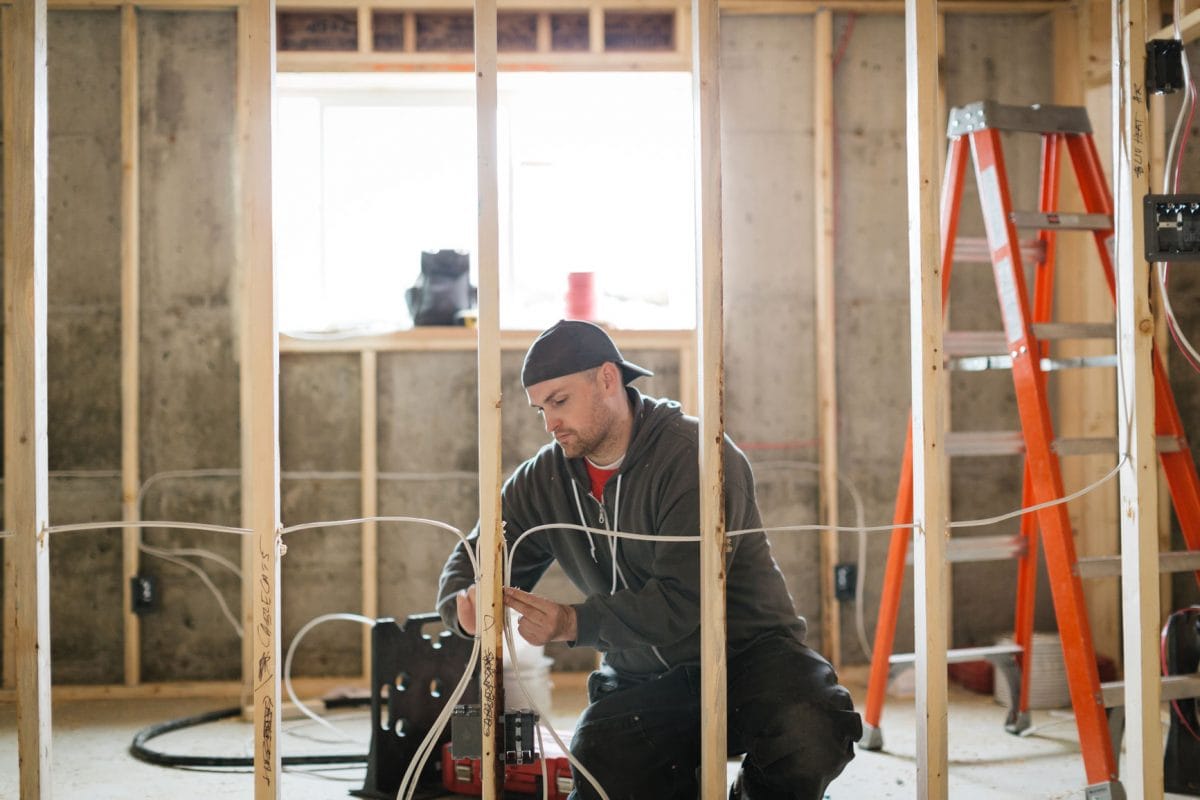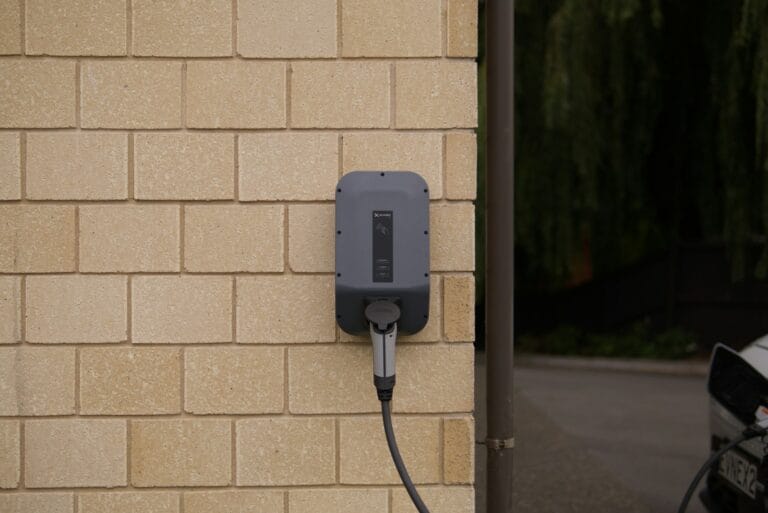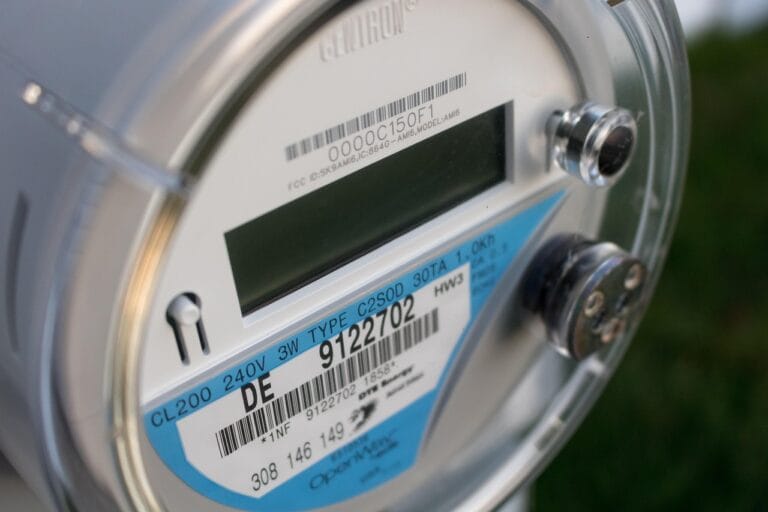If you own a home or work in the trades, this matters.
The 2025 California Electrical Code (CEC), based on the latest National Electrical Code (NEC), introduces several important updates. Some are small tweaks. Others? Major shifts in how homes are wired, how solar is installed, and how we think about electrical safety in California.
Let’s walk through the key changes, why they matter, and what you should actually do about them.
Table of Contents
Why the 2025 Code Changes Matter
California updates its building codes regularly to improve safety, energy efficiency, and environmental sustainability. The electrical code is no exception.
Whether you’re remodeling a kitchen, installing solar panels, or just want your home to pass inspection, understanding the 2025 code can save you time, money, and headaches.
And if you’re a contractor? Staying compliant is more than good practice, it’s legally required.
GFCI Requirements Expand to More Areas
Here’s the thing: ground-fault protection isn’t just for kitchens and bathrooms anymore.
The 2025 code expands GFCI (Ground-Fault Circuit Interrupter) requirements to include:
- All 125V–250V receptacles in residential areas
- Crawl spaces and unfinished basements
- Outdoor outlets, regardless of cover or location
Why it matters: More areas are now considered at risk for electric shock. If you’re adding outlets during a remodel, you’ll likely need GFCI protection in more places than before.
Solar Panel & Battery Storage Rules Get Stricter
California leads the nation in solar adoption, and the 2025 code updates reflect that.
Key changes for photovoltaic (PV) systems and battery storage:
- Rapid shutdown systems must now be integrated directly into modules or arrays
- Battery systems (like Tesla Powerwall) need better spacing, labeling, and fire safety design
- AC-coupled systems must include transfer switches or microgrid interconnection devices (MIDs)
Bottom line: Solar installations will require more planning, more parts, and more attention to safety. Especially when storage batteries are involved.
Tamper-Resistant Receptacles Required Everywhere
TR outlets used to be required mostly in homes with kids. Not anymore.
Under the 2025 code, tamper-resistant outlets are now mandatory in all habitable areas, including:
- Living rooms
- Bedrooms
- Hallways
- Dining areas
- Finished basements
Even if kids aren’t present, the code sees TR outlets as a general safety standard, not just a childproofing measure.
Arc-Fault Protection Rules Expand
Arc-Fault Circuit Interrupters (AFCIs) protect against fires caused by damaged or overheated wiring.
The 2025 updates expand AFCI coverage to:
- Kitchens (even for dedicated appliance outlets)
- Laundry rooms
- All 120V, 15- and 20-amp circuits supplying dwelling areas
Real-world impact: If you’re doing any circuit work in these areas, you’ll need to use AFCI breakers, not optional.
Improved Service Panel Labeling & Working Space
Labeling and space around service panels don’t get much attention, until something goes wrong.
What’s new:
- All panels must have permanent, legible circuit labels. No more “maybe living room?” labels.
- Minimum working clearances have been redefined, especially in multi-unit and commercial settings.
For homeowners: Label your panel clearly. It’ll help in emergencies and inspections.
For contractors: Sloppy labels will now cost you time and rework.
Smart Home Wiring Now Has Guidelines
Smart thermostats. Video doorbells. Motion sensors. They’re everywhere.
The 2025 code finally acknowledges that with:
- New rules for Class 2 and Class 3 circuits (low-voltage systems)
- Dedicated raceways for future upgrades in new construction
- Isolation of smart tech wiring to reduce interference
If you’re building or renovating, it’s smart to pre-wire for future devices, even if you’re not installing them right away.
EV Charging Infrastructure Required in New Builds
Not a surprise, but now it’s official:
All new residential construction must be EV-ready. That includes:
- Electrical capacity for a 40-amp Level 2 charger
- Space in the panel
- Conduit paths to the garage or driveway
Contractors: You need to include this in your bids.
Homeowners: Make sure your builder or electrician includes EV infrastructure, even if you don’t own an EV yet.
Dual GFCI + AFCI Protection Now Required in Some Areas
Some circuits now need both arc-fault and ground-fault protection. Examples:
- Kitchen countertops
- Laundry areas
- Certain bathroom setups
Manufacturers offer combination breakers to make this easier, but they’re more expensive. Still, it’s required, so plan for it.
Smoke & CO Detector Rules Tighten
The new requirements:
- All detectors must be hardwired with battery backup
- All detectors must be interconnected (if one sounds, they all sound)
This applies if you’re adding rooms, remodeling, or upgrading panels. Not retroactive, unless you touch the wiring.
What Homeowners Should Do
- Ask your contractor: “Are you using the 2025 code?”
- Review your electrical panel, is there enough space?
- Upgrade outlets where needed (TR, GFCI, AFCI)
- Pre-wire for smart devices and EV charging if remodeling
- Label your circuits, seriously
What Contractors Need to Watch
- Don’t rely on old habits, the 2025 changes are real
- Review the full 2025 California Electrical Code (Title 24, Part 3)
- Stock up on updated materials: dual-function breakers, TR outlets, etc.
- Educate clients, most won’t know the changes
- Document everything, inspectors will check
Final Takeaway from Old Town Electric
At Old Town Electric, we keep up with every California Electrical Code change so you don’t have to.
Whether you’re planning a remodel or building from scratch, the 2025 CEC is packed with updates that affect your safety, costs, and compliance. We can walk you through it all, and make sure your home or project passes inspection the first time.
Need help? Contact Old Town Electric today for an inspection or a quote on your next project.



